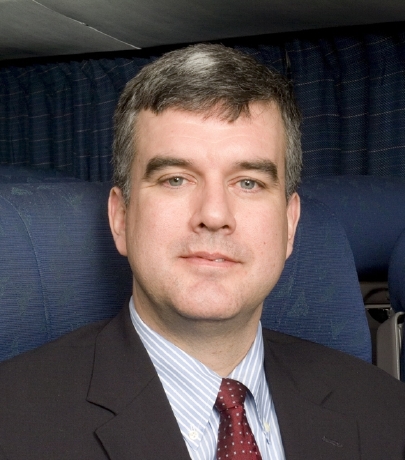
Richard Harnish is the Executive Director of the Midwest High Speed Rail Association (MHSRA), a member-supported non-profit organization advocating for fast, frequent and dependable trains linking the entire Midwest.
Here in Illinois we’ve been seeing a lot more interest in doing true high speed rail and we think we’re close to an important next step there. And I was out in Sacramento two months ago and touched the first car shell for that line. That’s something that most people don’t know: those trains really are under construction, and the stations are under construction. So we’re very close to a major tipping point.
View this complete post...
Tags: FAST Act, High Speed Rail, HSR, Midwest High Speed Rail Association, MWHSRA, Richard Harnish, Rick Harnish
Posted in
Funding, Guests on The Infra Blog, High Speed Rail, Local, National, Policy, Public Transportation, Rail, The Infra Blog, Transit
Comments Off on Guest on The Infra Blog: Richard Harnish, Executive Director, Midwest High Speed Rail Association
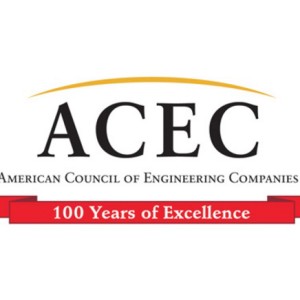












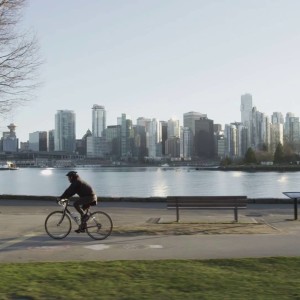
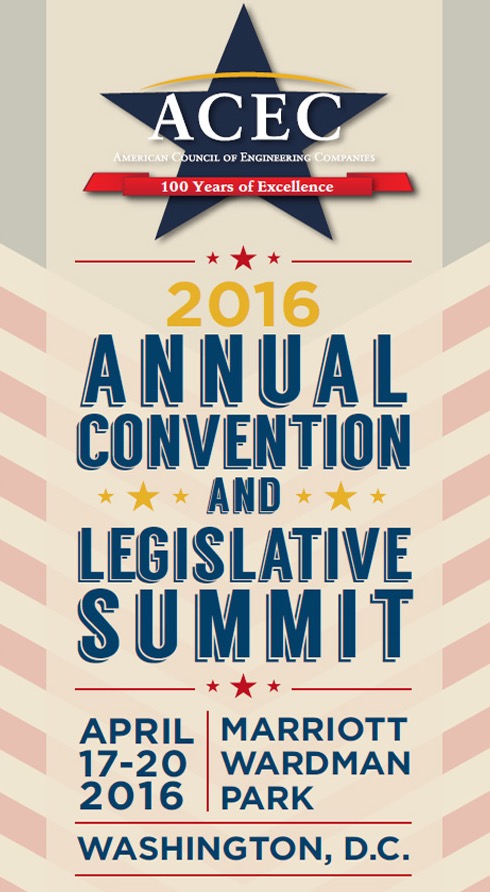
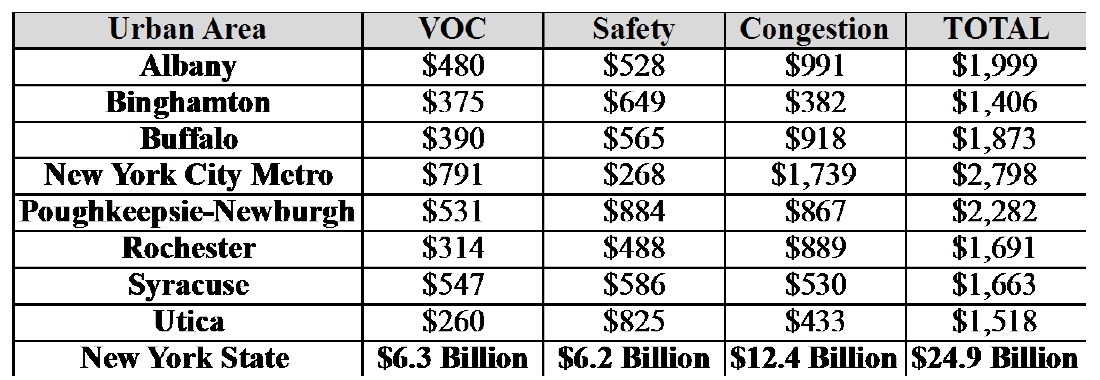

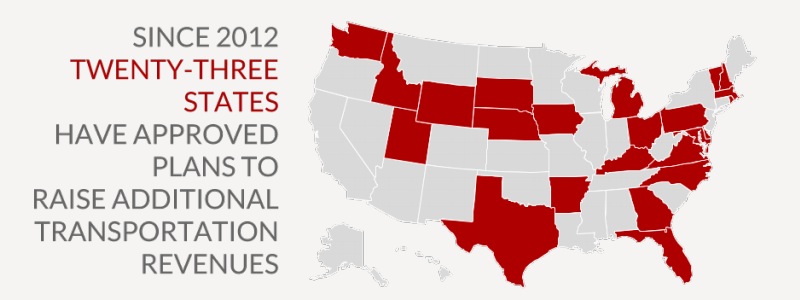
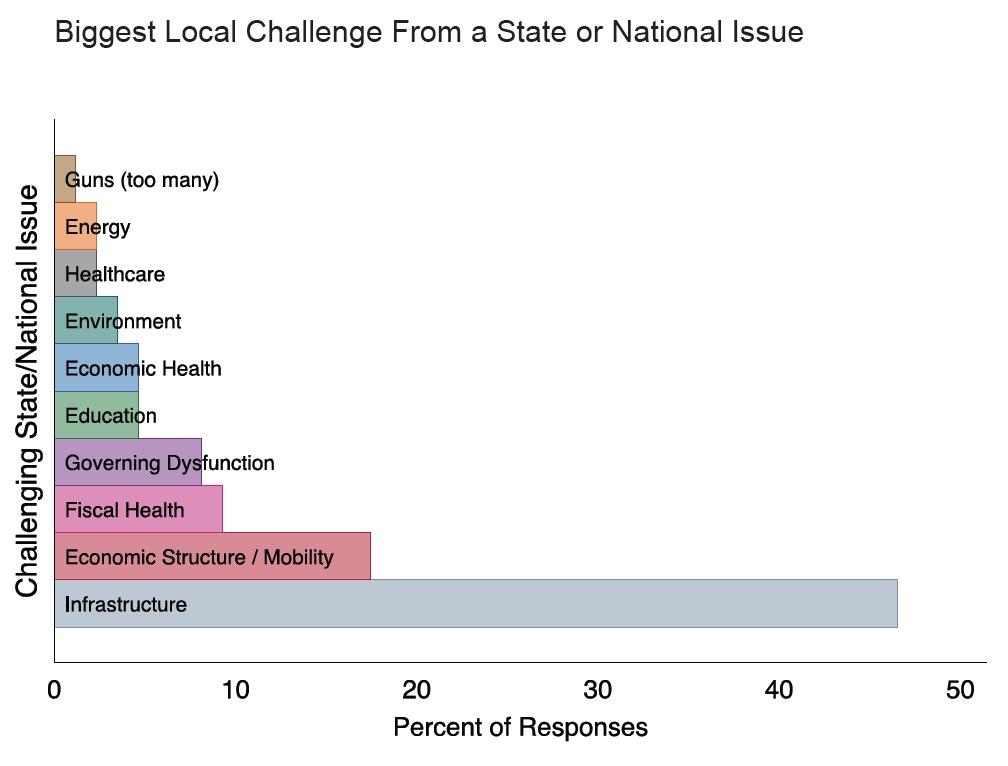
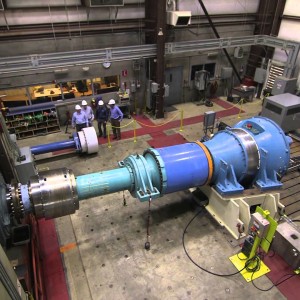
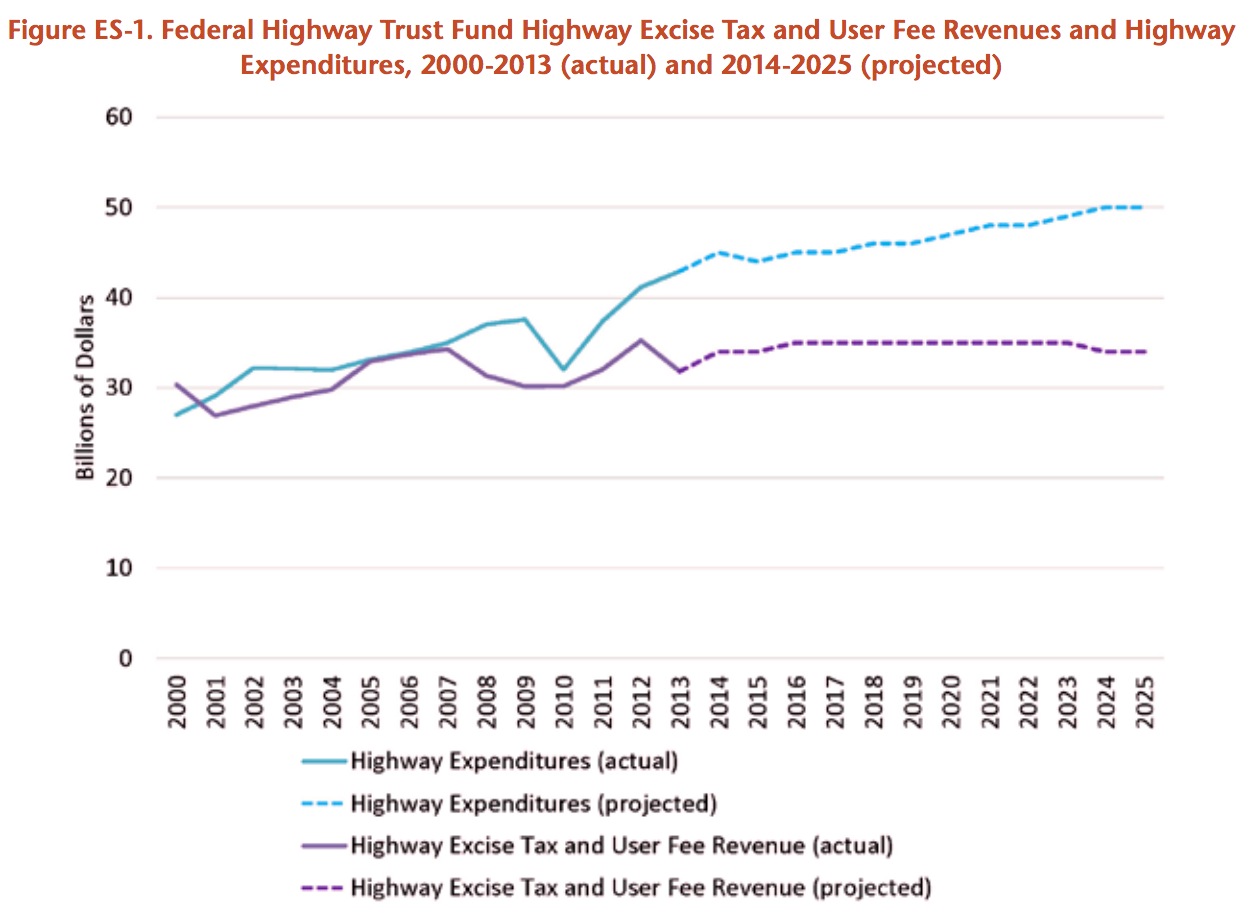
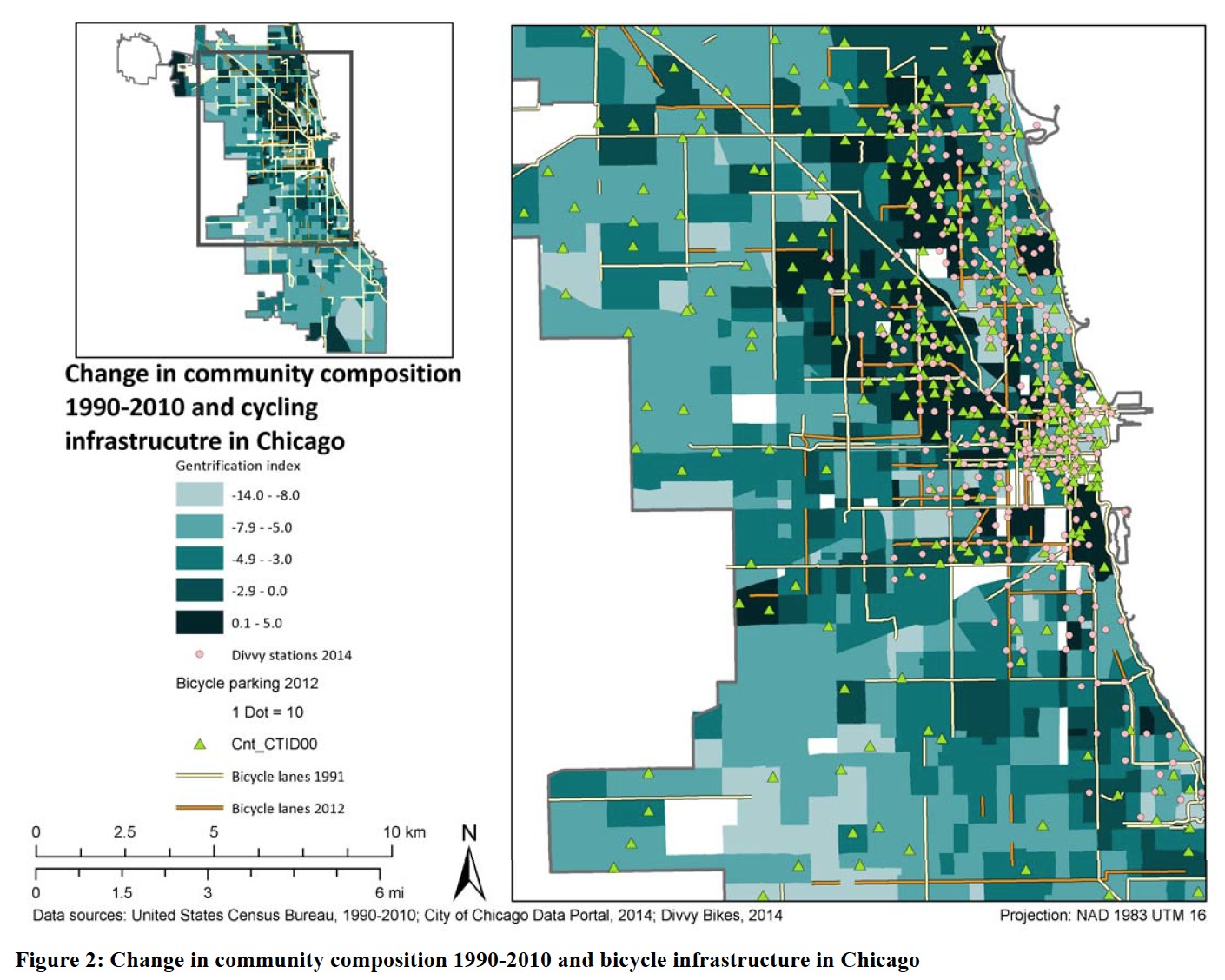

 RSS Feed
RSS Feed